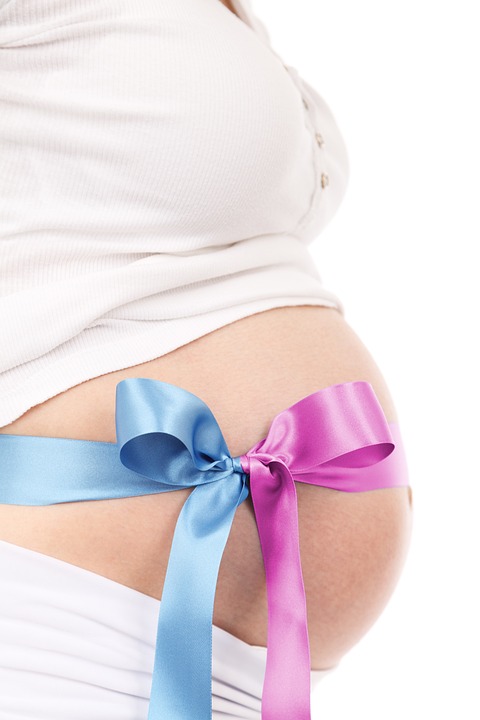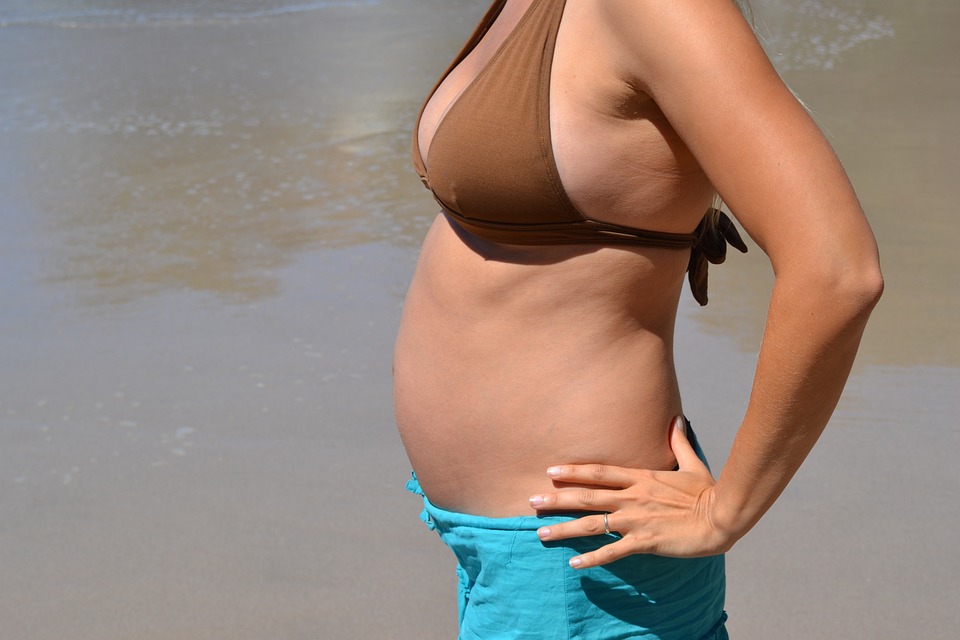
Pregnancy is a time of significant physical and emotional changes for a woman. During this time, it is crucial for expectant mothers to prioritize their health and well-being, as they are not only caring for themselves but also for their developing baby. One of the key ways to ensure a healthy pregnancy is by eating well. In this article, we will discuss the top nutritional needs for moms-to-be and provide tips on how to meet these needs.
1. Folate/Folic Acid
One of the most important nutrients for pregnant women is folate, also known as folic acid when it is in its synthetic form. Folate is crucial for the development of the baby’s neural tube, which eventually becomes the brain and spinal cord. Adequate intake of folate can help prevent neural tube defects, such as spina bifida.
Pregnant women should aim to consume at least 600 micrograms of folate per day. Good sources of folate include leafy green vegetables, citrus fruits, beans, and fortified cereals. Taking a prenatal vitamin that contains folic acid is also recommended.
2. Iron
Iron is another essential nutrient for pregnant women, as it is needed to support the increased production of red blood cells that occurs during pregnancy. Iron deficiency can lead to anemia, which can cause fatigue and other health issues. Pregnant women should aim to consume around 27 milligrams of iron per day.
Good sources of iron include lean meats, poultry, fish, beans, and fortified cereals. To enhance iron absorption, pregnant women should consume iron-rich foods alongside foods that are high in vitamin C, such as citrus fruits or bell peppers.
3. Calcium
During pregnancy, the body’s need for calcium increases to support the growth and development of the baby’s bones and teeth. Pregnant women should aim to consume around 1,000 milligrams of calcium per day. Good sources of calcium include dairy products, such as milk, yogurt, and cheese, as well as leafy green vegetables and fortified foods.
It is important for pregnant women to get enough calcium to prevent their own bones from becoming depleted as the baby’s needs are prioritized. If dietary intake is insufficient, a prenatal vitamin that contains calcium may be recommended.
4. Protein
Protein is essential for the growth and development of the baby, as well as for supporting the increased blood volume that occurs during pregnancy. Pregnant women should aim to consume around 71 grams of protein per day. Good sources of protein include lean meats, poultry, fish, eggs, beans, and nuts.
It is important for pregnant women to include a variety of protein sources in their diet to ensure that they are getting all the essential amino acids that their body needs. Plant-based protein sources, such as beans and nuts, can be a healthy and sustainable option for pregnant women.
5. Omega-3 Fatty Acids
Omega-3 fatty acids are crucial for the development of the baby’s brain and eyes. Pregnant women should aim to consume around 200-300 milligrams of the omega-3 fatty acid DHA (docosahexaenoic acid) per day. Good sources of DHA include fatty fish, such as salmon and sardines, as well as algae-based supplements.
It is important for pregnant women to consume omega-3 fatty acids from a variety of sources, as some fish may contain high levels of mercury, which can be harmful to the baby. Pregnant women should consult with their healthcare provider to determine the best sources of omega-3 fatty acids for their individual needs.
6. Water
Staying hydrated is essential during pregnancy, as water plays a crucial role in supporting the increased blood volume, amniotic fluid, and overall health of both the mother and baby. Pregnant women should aim to drink around 8-10 cups of water per day, or more if they are physically active or experiencing hot weather.
It is important for pregnant women to listen to their body’s cues and drink water throughout the day to stay properly hydrated. Caffeinated beverages, such as coffee and tea, should be consumed in moderation, as excessive caffeine intake has been linked to pregnancy complications.
7. Fiber
Fiber is important for promoting healthy digestion and preventing constipation, which is a common issue during pregnancy. Pregnant women should aim to consume around 25-30 grams of fiber per day. Good sources of fiber include fruits, vegetables, whole grains, beans, and nuts.
Including a variety of fiber-rich foods in the diet can help pregnant women feel full and satisfied, while also supporting healthy digestion and regular bowel movements. It is important for pregnant women to increase their fiber intake gradually to prevent bloating and gas.
8. Vitamin D
Vitamin D is important for the absorption of calcium and for supporting the baby’s bone growth and development. Pregnant women should aim to consume around 600 IU (International Units) of vitamin D per day. Good sources of vitamin D include fatty fish, eggs, fortified dairy products, and sunlight exposure.
It is important for pregnant women to get adequate sunlight exposure to support their body’s production of vitamin D. However, sunscreen use and limited time spent outdoors can inhibit the body’s ability to make vitamin D, so dietary sources or supplements may be necessary.
In conclusion, meeting the top nutritional needs for moms-to-be is essential for a healthy pregnancy and the best possible outcomes for both the mother and baby. By prioritizing a diet rich in folate, iron, calcium, protein, omega-3 fatty acids, water, fiber, and vitamin D, pregnant women can support the growth and development of their baby while also maintaining their own health and well-being. It is important for pregnant women to consult with their healthcare provider or a registered dietitian to ensure that they are meeting their individual nutritional needs and making informed choices for a healthy pregnancy. Remember, eating well for two is not only about nourishing the baby but also about taking care of yourself as a mom-to-be.








